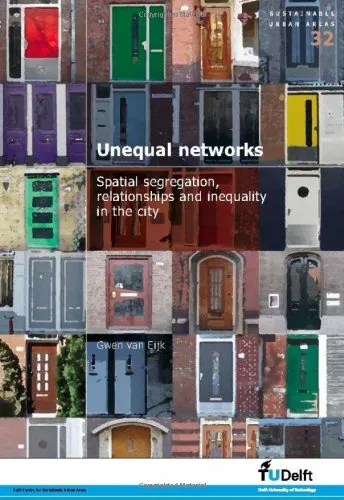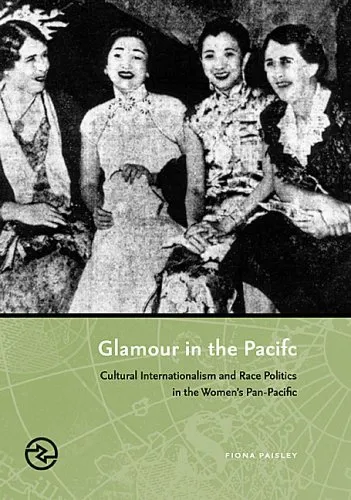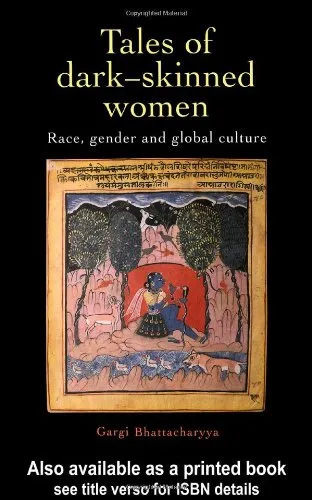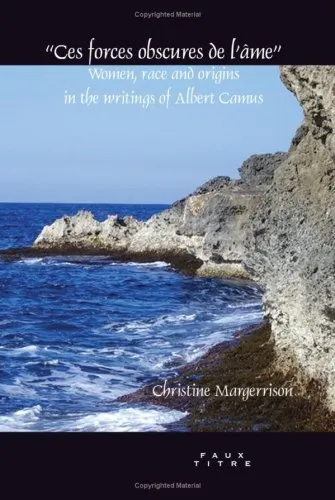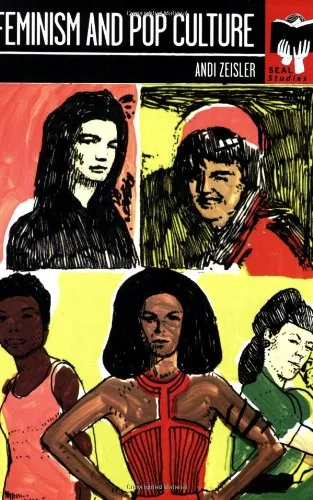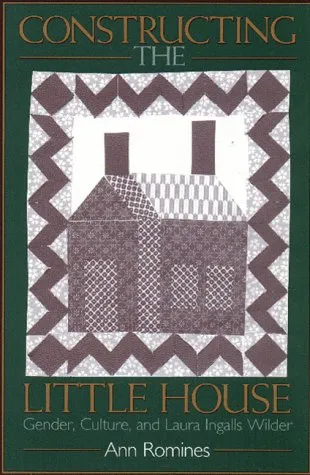White Women, Rape, and the Power of Race in Virginia, 1900-1960
4.5
Reviews from our users

You Can Ask your questions from this book's AI after Login
Each download or ask from book AI costs 2 points. To earn more free points, please visit the Points Guide Page and complete some valuable actions.Related Refrences:
Analytical Summary
In *White Women, Rape, and the Power of Race in Virginia, 1900-1960*, I examine the powerful intersections between race, gender, law, and social hierarchy within the deeply segregated culture of Virginia across six transformative decades. This book addresses how accusations of rape, most often involving white women and Black men, became instruments of racial control, reinforcing the prevailing structures of white supremacy in the American South.
The narrative situates these events in the broader context of the Jim Crow era, a period marked by rigid racial codes and an unequal justice system. Drawing on legal records, press coverage, and personal accounts, the analysis reveals how white women’s roles were both constrained and strategically influential. Their testimonies carried immense legal weight, often leading to devastating consequences for Black men accused, regardless of the strength or credibility of evidence.
Rather than portraying these cases as isolated incidents, the book maps a systematic pattern wherein rape accusations became a mechanism for preserving racial boundaries. Simultaneously, it uncovers stories of resistance, instances of agency among both white women and Black communities, and the gradual shifts brought by social change and civil rights activism during the mid-20th century. The result is an in-depth scholarly investigation of the cultural landscape that tethered justice to racial identity.
Key Takeaways
Readers will gain critical insights into how racialized gender dynamics influenced both legal outcomes and public perceptions in Virginia during this period.
One takeaway is the intricate alliance between white patriarchal authority and the social construction of white womanhood, positioning white women as key arbiters of racial boundaries. Another is the impact of systemic inequities in legal processes, where race could outweigh evidence. The book also reveals the fluctuating role of media in shaping reputations and narratives around sexual violence, often perpetuating stereotypes and moral panic.
Finally, an important take-home message is that examining historical patterns of racialized accusations of sexual violence illuminates ongoing challenges in our contemporary justice system. Awareness of these historical precedents is essential for crafting more equitable approaches to race and gender in law today.
Memorable Quotes
“Accusations of rape became a powerful political tool in the hands of those determined to maintain racial hierarchies.”Unknown
“The courtroom was as much a stage for defending white supremacy as it was for adjudicating justice.”Unknown
“To understand Virginia’s history, one must reckon with the gendered scripts that shaped who was believed, who was punished, and why.”Unknown
Why This Book Matters
This work offers a critical contribution to our understanding of historical injustices in America, especially those arising from the intersection of racial prejudice and gender norms.
By meticulously documenting the sociolegal realities of Virginia between 1900 and 1960, the book underscores how white women’s testimonies were elevated within legal proceedings, reinforcing systemic racial inequities. It also contextualizes these practices within the larger history of American civil rights and feminist discourse, providing valuable comparative insights for scholars studying other regions or eras.
As a resource for academics, legal historians, and practitioners in social justice, this book bridges the gap between archival research and contemporary debates about race, gender, and the law. The themes of racial politics in the Jim Crow South and gendered violence in American history resonate well beyond the specific cases analyzed here.
Inspiring Conclusion
*White Women, Rape, and the Power of Race in Virginia, 1900-1960* stands as an essential study for anyone committed to confronting the intertwined legacies of racism and sexism. Its detailed account of Virginia’s segregation-era justice system invites readers to reflect on both historical realities and their modern-day implications.
By revisiting these complex narratives, we gain a richer understanding of how structures of power operate, adapt, and persist. The book urges us not only to acknowledge the influence of racialized gender dynamics but also to apply these lessons in striving toward more equitable legal and social practices.
I invite every reader—whether a scholar, student, or engaged citizen—to read, share, and discuss this work widely. In doing so, they help carry forward the conversation that *White Women, Rape, and the Power of Race in Virginia, 1900-1960* so powerfully begins.
Free Direct Download
You Can Download this book after Login
Accessing books through legal platforms and public libraries not only supports the rights of authors and publishers but also contributes to the sustainability of reading culture. Before downloading, please take a moment to consider these options.
Find this book on other platforms:
WorldCat helps you find books in libraries worldwide.
See ratings, reviews, and discussions on Goodreads.
Find and buy rare or used books on AbeBooks.
1306
بازدید4.5
امتیاز0
نظر98%
رضایتReviews:
4.5
Based on 0 users review
Questions & Answers
Ask questions about this book or help others by answering
No questions yet. Be the first to ask!








